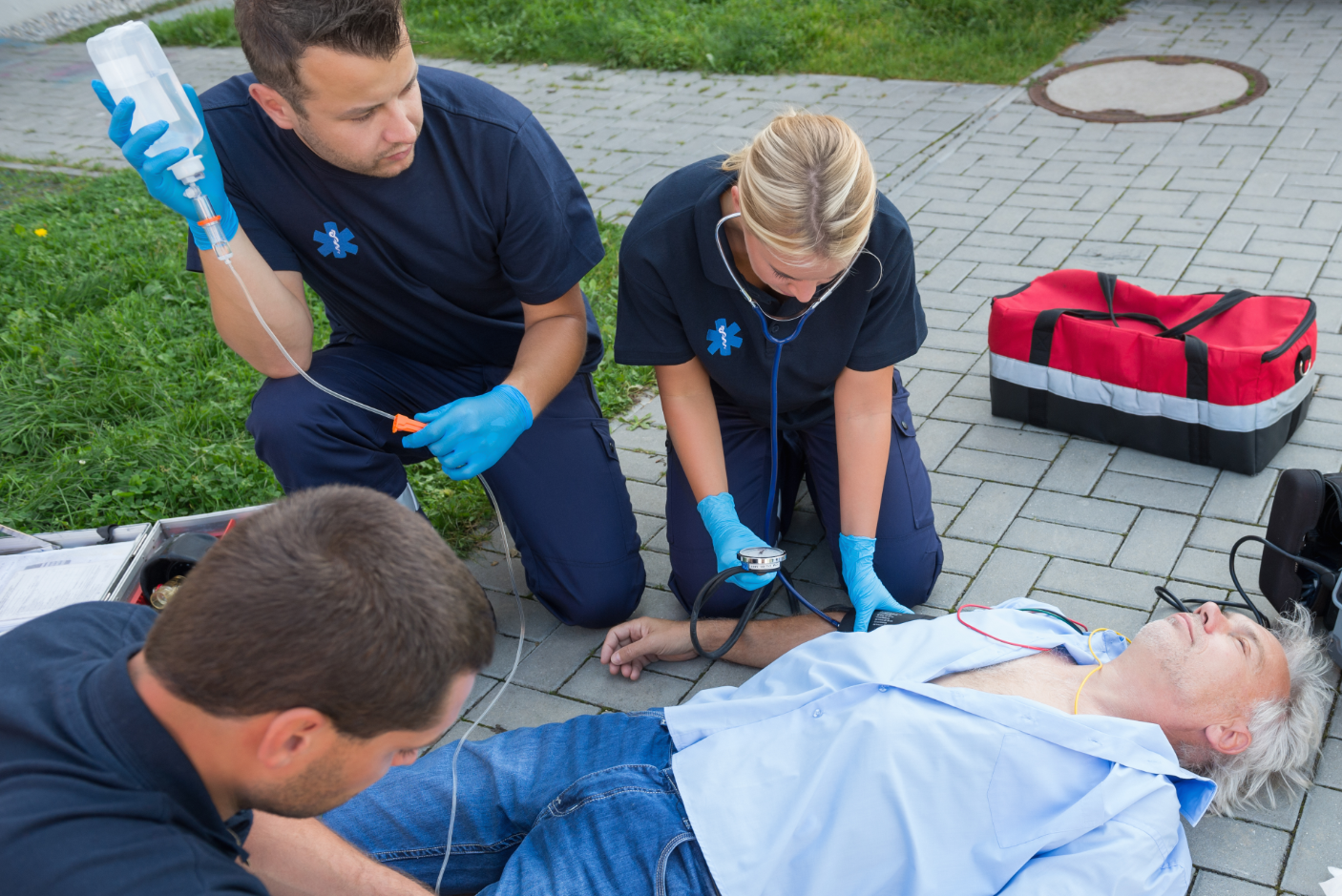
OSHAS Advanced Cardiovascular Life Support (ACLS) certification is a comprehensive training program designed for healthcare professionals who manage cardiopulmonary arrest and other cardiovascular emergencies. The course emphasizes the importance of team dynamics and communication, systems of care, and immediate post-cardiac-arrest care. It also covers airway management and related pharmacology.
The ACLS certification typically includes two main components:
Written Exam:
Practical Skills Assessment:
Successful completion of both the written exam and practical skills assessment is required to obtain ACLS certification.

OSHAS offers different qualifications of safety, health and lowering incident rates for workers.

